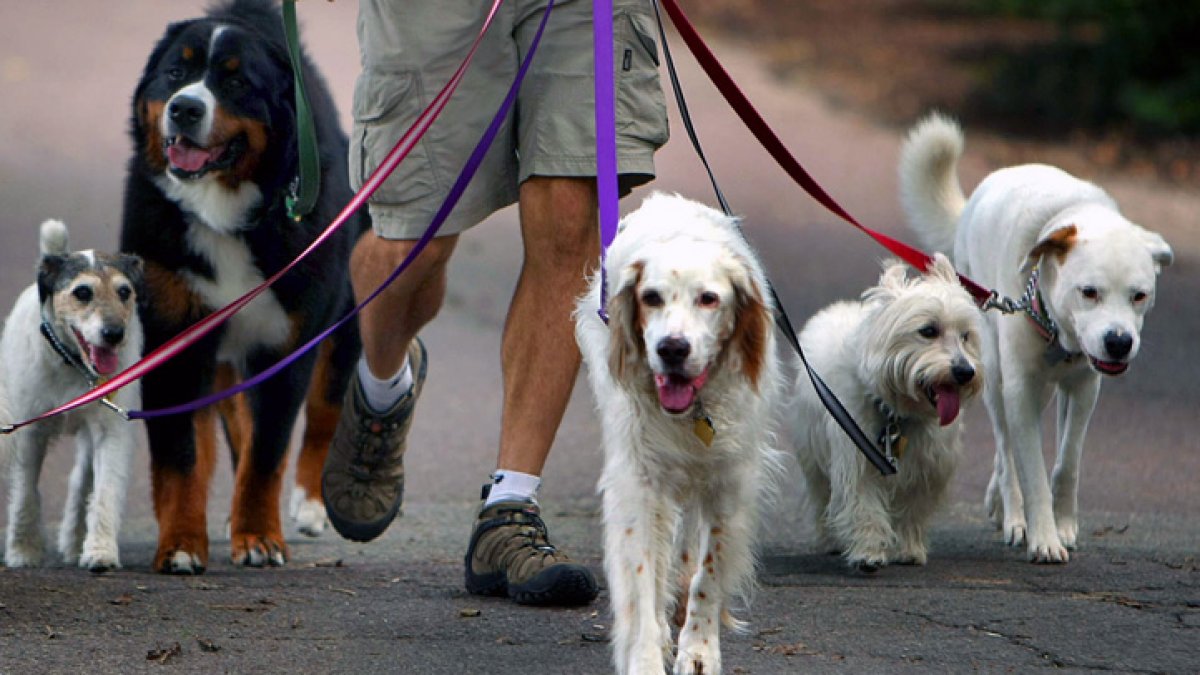NEW YORK – New York City veterinary facilities are reporting an increase in viral cases infecting dogs that can cause severe acute and life-threatening gastrointestinal illness if left untreated.
Canine parvovirus (CPV) is highly contagious and can be spread through direct contact and contaminated surfaces. Symptoms develop within 2-14 days of infection and include vomiting, diarrhea, loss of appetite, fatigue, fever, and abdominal pain.
The New York City Department of Health and Hygiene (DOHMH) issued an alert last month noting that animal care centers had diagnosed 14 dogs as of March 14, which exceeds normal treatment numbers. in a single year, according to the release.
Many pets have been found in the Bronx and Manhattan, but the expected number suggests an increase in some neighborhoods.
Bond Vet is an urgent care veterinarian with multiple county locations. According to Dr. Hannah Lau, veterinarian at Bond Vet, the number of parvovirus tests tripled from February to March.
“Young dogs that are not vaccinated are most at risk for parvovirus. All dog breeds can get parvovirus, but Rottweilers, Doberman Pinschers, American Pit Bull Terriers, English Springer Spaniels and German Shepherds can get it. higher risk,” Dr. Hannah Lau told NBC New York.
Dr. Lau noted that CPV cannot spread to humans, cats and other pets, but it can occur in raccoons, skunks and coyotes. Diagnosed dogs should be placed in isolation with their previous environment fully disinfected.
Parvovirus can be tested by stool antigen tests or by viral PCR. Treatment depends on individual tests, but in severe cases it often includes hospitalization, electrolyte therapy, and antibiotics.
Prospective pet parents should exercise caution when adopting from a shelter and are encouraged to have their new addition to the family vaccinated.
“A timely and proper vaccination is the best way to protect your dog against parvovirus! Prevention of illness is the best medicine. Schedule a wellness checkup for your new puppy as soon as possible to discuss vaccination with your veterinarian,” Dr. Lau said.

